Definition of Digital Marine Radios
In an era where technology continuously shapes and refines communication systems, digital marine radios have emerged as a transformative force for commercial applications. Unlike their analog counterparts, digital marine radios convert voice signals into binary code, offering a myriad of advantages that redefine communication at sea. In this article, we will explore the distinctive benefits that make digital marine radios the go-to choice for commercial vessels.
Improved Communication Clarity
One of the most significant advantages of digital marine radios is the unparalleled clarity they provide in communication. Digital transmission eliminates background noise and interference, ensuring that messages are heard with exceptional clarity. This enhancement is particularly crucial in the dynamic and often challenging maritime environment, where ambient noise and varying weather conditions can impede effective communication. The clarity offered by digital marine radios translates into better understanding and more precise coordination, ultimately improving operational efficiency on commercial vessels.
Enhanced Security Features
Digital marine radios come equipped with advanced security features that go beyond the capabilities of analog systems. Digital encryption ensures that communications remain confidential and secure, reducing the risk of unauthorized interception. This added layer of security is vital for commercial applications, where sensitive information regarding cargo, routes, or operational strategies needs protection from potential threats. The encryption capabilities of digital marine radios contribute to a safer and more secure communication environment for commercial vessels.
Increased Range and Coverage
Digital marine radios boast superior range and coverage compared to their analog counterparts. The digital signal’s resilience to degradation over distance allows for reliable communication over more extensive areas. This expanded coverage is particularly advantageous for commercial vessels navigating vast open waters or operating in remote regions. The increased range ensures that communication remains consistent, fostering a safer and more connected maritime ecosystem.
Interoperability with Other Systems
Digital marine radios are designed with interoperability in mind, facilitating seamless communication with other digital systems and technologies. This capability enables integration with navigation equipment, radar systems, and other onboard technologies, creating a comprehensive and interconnected maritime communication network. The ability to interface with various systems enhances the overall efficiency of commercial vessel operations, allowing for more streamlined and coordinated efforts.
Real-time Data Transmission Capabilities
Digital marine radios offer real-time data transmission capabilities, enabling the exchange of critical information beyond voice communication. Text messaging, data files, and even GPS coordinates can be transmitted digitally, providing a more comprehensive means of sharing essential data. This feature is invaluable for commercial applications, where timely information exchange can impact decision-making processes, route planning, and response to changing conditions.
Remote Monitoring and Control Options
Digital marine radios often come with remote monitoring and control options, allowing operators to manage and monitor communication systems from a centralized location. This capability streamlines the oversight of multiple vessels within a fleet, enhancing operational control and responsiveness. Remote monitoring ensures that communication systems are functioning optimally and allows for swift intervention in the event of any issues, contributing to a more efficient and well-managed commercial maritime operation.
Digital Marine Radios Offer Numerous Benefits for Commercial Applications
In conclusion, the adoption of digital marine radios marks a significant advancement in communication technology for commercial applications. The improved communication clarity, enhanced security features, increased range and coverage, interoperability with other systems, real-time data transmission capabilities, and remote monitoring options collectively position digital marine radios as a superior choice for modern commercial vessels. Embracing the advantages of digital communication not only elevates operational efficiency but also enhances the safety and security of commercial maritime activities. As technology continues to evolve, digital marine radios stand as a beacon of innovation in the ever-changing seascape of maritime communication.

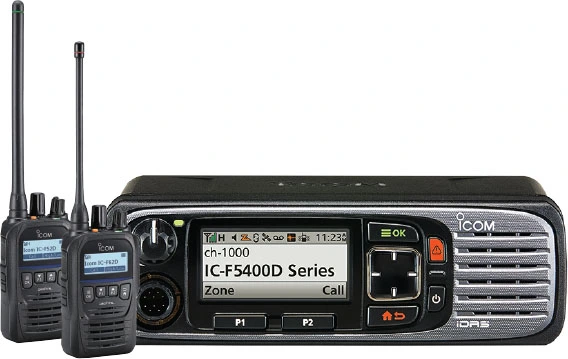
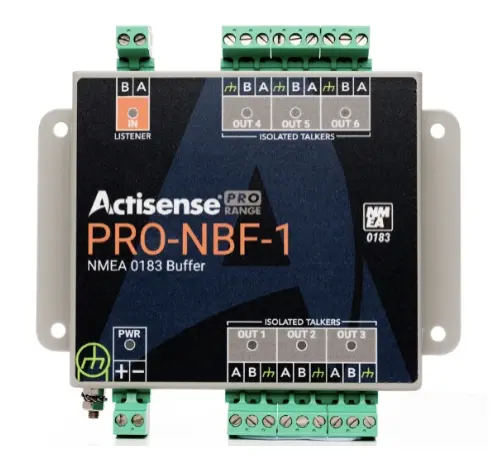
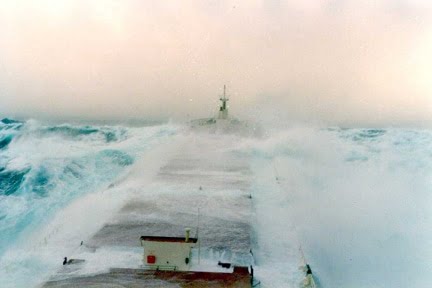
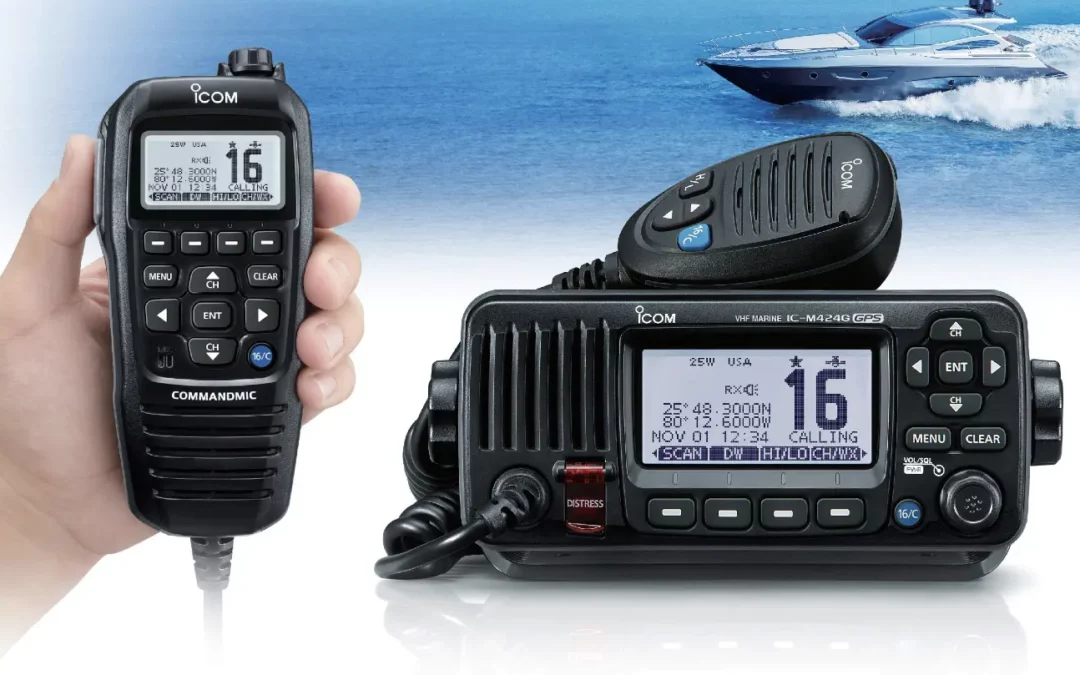
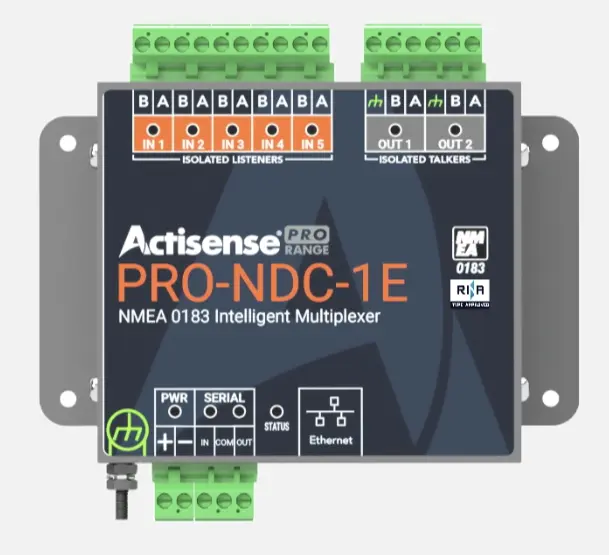
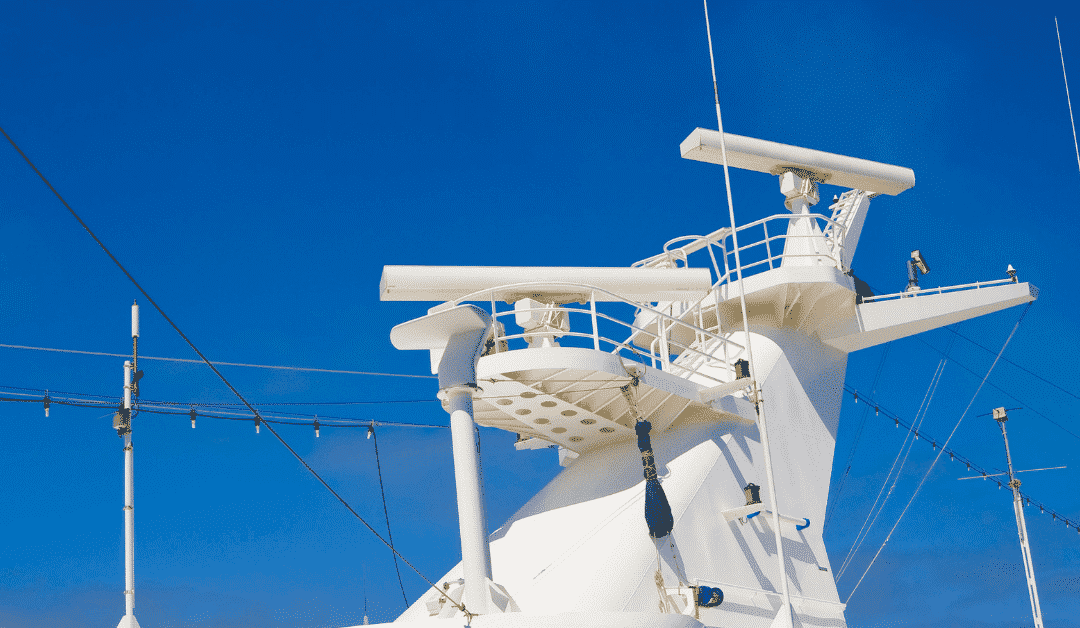
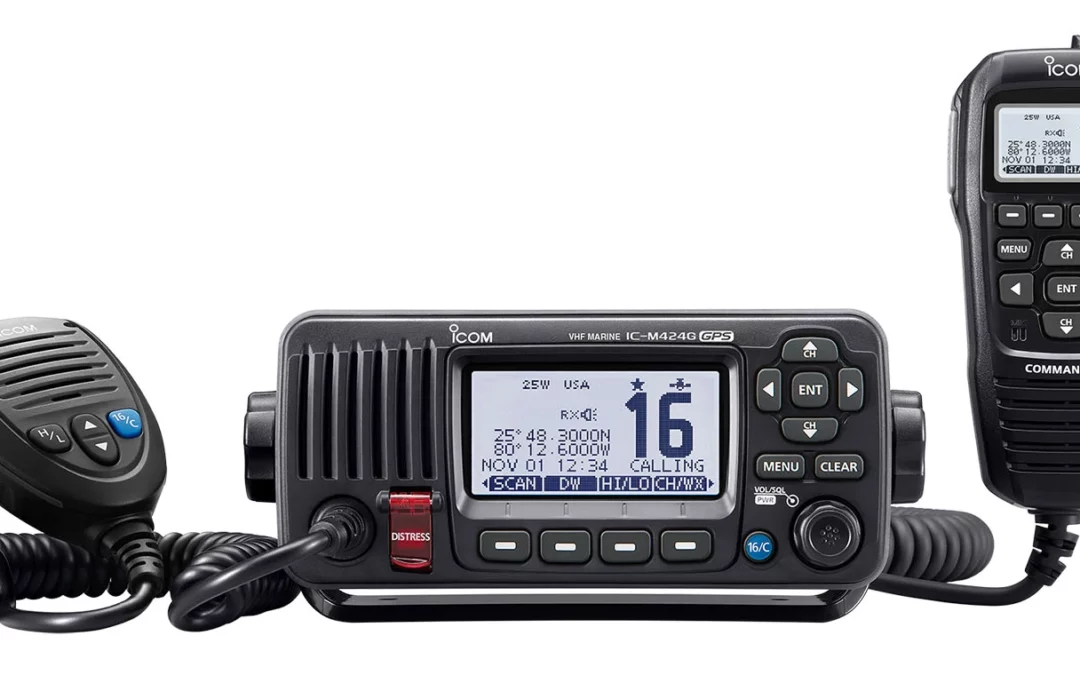
0 Comments